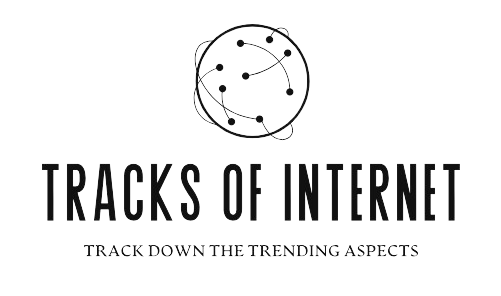
Like many other sectors, technology has fundamentally changed the real estate business. Improvements in digital technologies, data analytics, and internet platforms in recent years have fundamentally changed official source how sellers and buyers negotiate the real estate market. From virtual home tours to online property listings and automated procedures, technology is changing the real estate experience for all those engaged.
Simplified Property Search Mechanism
The way consumers search for properties is among the most important changes technology has brought about in the real estate market. To find homes fit for their needs, purchasers historically had to rely on in-person visits and real estate brokers. But now that real estate sites and property search engines are more common, purchasers may peruse many listings right from their own houses. These sites speed and simplify the search process by letting consumers filter homes depending on particular criteria, including price, location, size, and amenities.
Augmented reality and virtual tours
- Virtual reality (VR) and 360-degree video technology have transformed the custom of personally visiting homes. Instead of physically seeing every house, buyers can virtually tour homes as though they were really here. Those with hectic schedules or great distances to buy will especially find this helpful.
- Without costly travel or several in-person showings, this technology gives sellers the chance to present their homes to a larger audience—including overseas purchasers. Virtual tours give a more immersive experience and help to speed up the purchasing process.
- Technology, including data analytics and automation, is also simplifying the actual transaction process. These days, paperwork is managed, deadlines tracked, and agent, buyer, and seller correspondence is facilitated using automation systems.
- Furthermore, influencing real estate decisions is data analytics in great measure. Now readily available are market trends, pricing information, and neighborhood analytics that give buyers and sellers insightful analysis. While buyers can make wise judgments depending on present market conditions, sellers can utilize this information to more precisely price their homes.
Improved Methods of Marketing
Digital tools have made marketing properties more dynamic and powerful for vendors. While targeted advertising guarantees that listings are viewed by the appropriate buyers, social media channels, websites, and email campaigns let merchants reach a far bigger audience. Professional-quality photography and 3D home staging tools assist in highlighting homes in their finest possible condition, hence increasing their appeal to potential buyers.
For buyers as well as sellers, technology is drastically changing the real estate scene and producing a more data-driven, convenient market. From virtual tours and AI-driven property suggestions to automated procedures and improved marketing methods, official source technology has smoothed out and made access to the entire real estate experience easier. Buyers and sellers should expect even greater changes in their interactions with the real estate market as these technologies keep developing.


